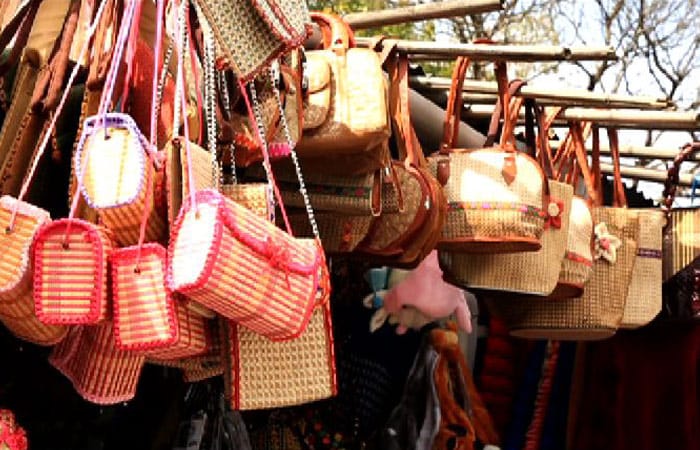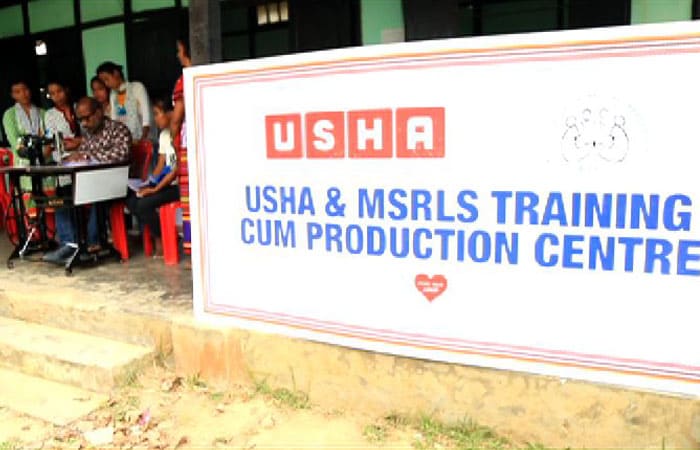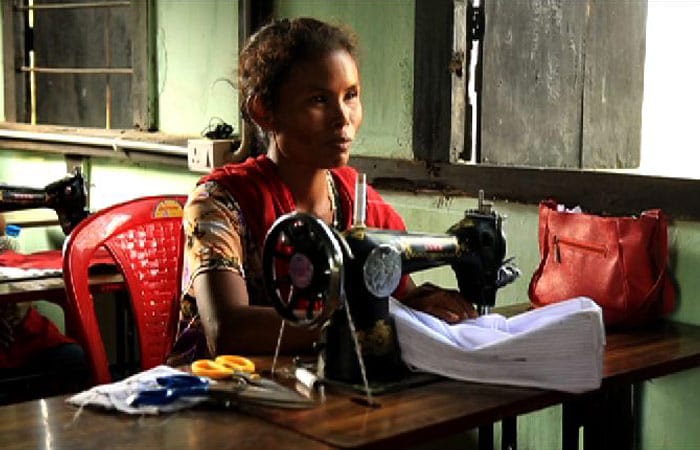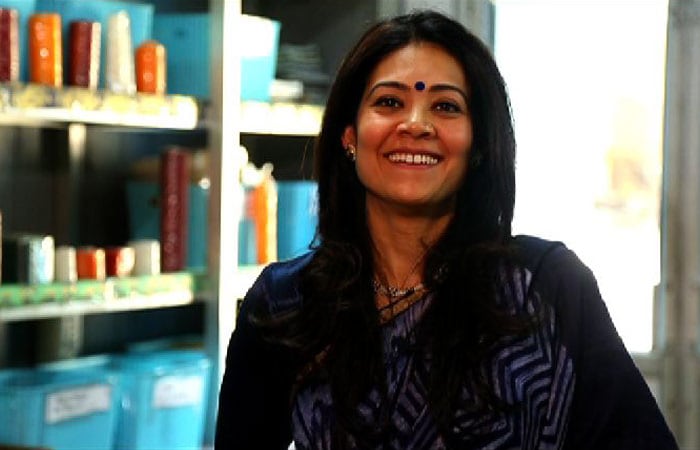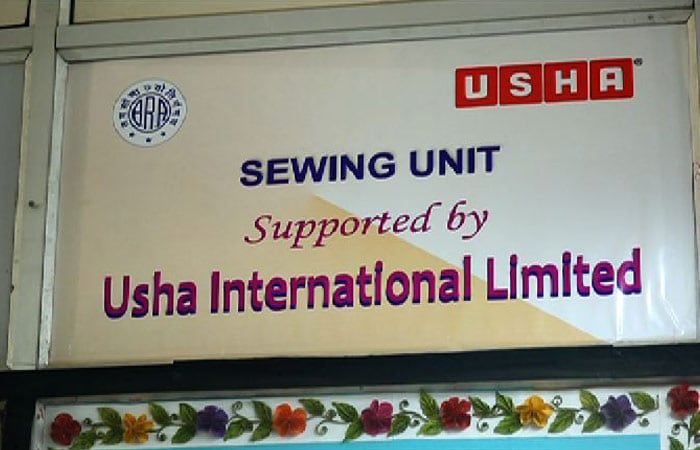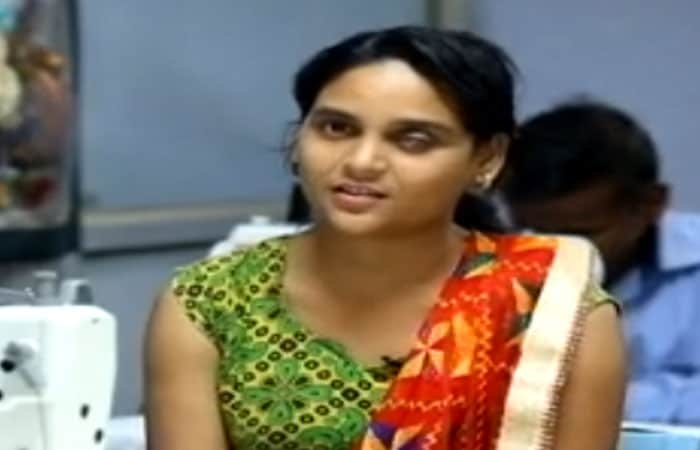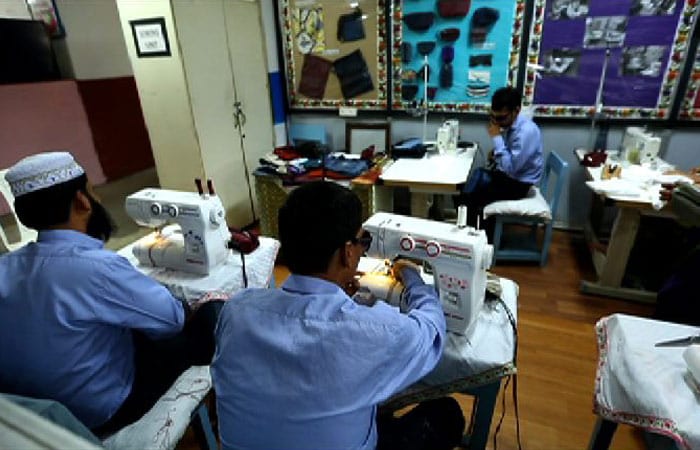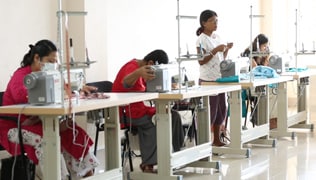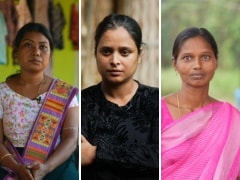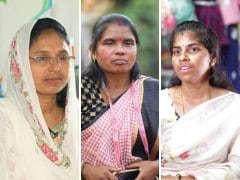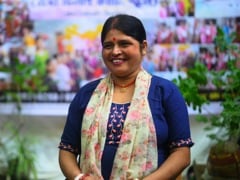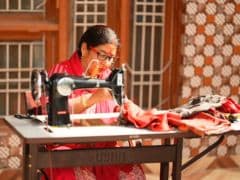USHA Silai School Goes Beyond The Mainstream To Empower And Uplift Individuals
The aim of USHA Silai School has always been to empower both men and women and provide them a better source of livelihood. Keeping up with their motive, in Meghalaya, USHA Silai School trained women to make cloth bags, an alternative to single-use plastic bags, which have been banned by the state government. Along with this, USHA partnered with the Blind Relief Association in Delhi to provide sewing training to visually impaired students.
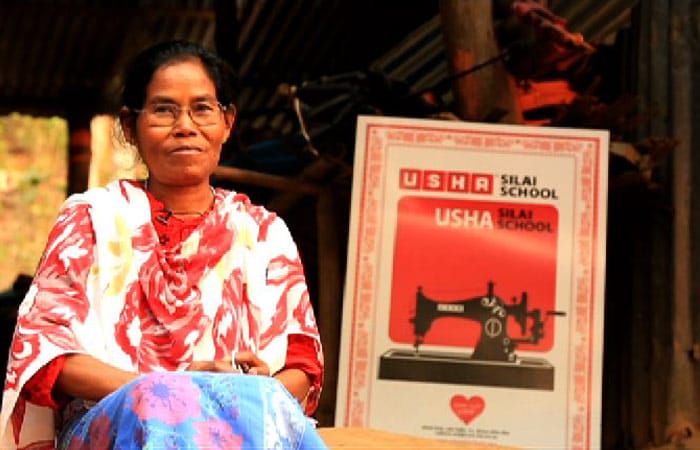
One of the alternatives is compostable bags, but the state government does not allow the use of compostable bags without prior license and permission. Also, procuring a license is a tedious process for shopkeepers and manufacturers. To bridge the gap, the state government conceptualised a project that could provide an alternative to plastic bags and simultaneously a source of income to disadvantaged women.
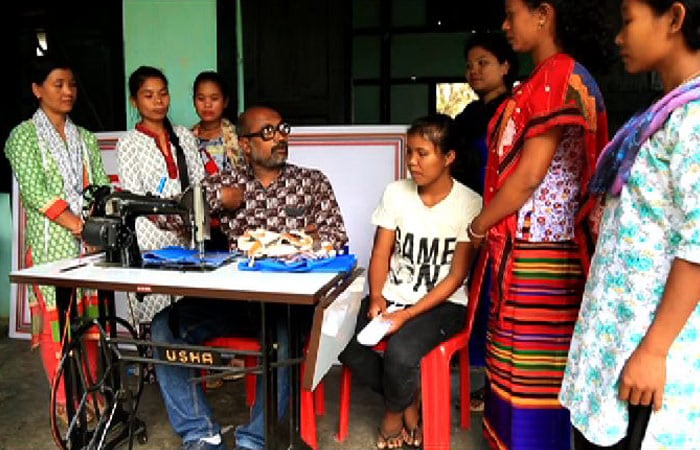
As part of the project, 50 women from existing Self Help Groups (SHGs) across the state were selected and trained in stitching and sewing by USHA. Today, apart from regular sewing, women of the state are capable of stitching a variety of cloth and jute bags, an alternative to single-use plastic bags.
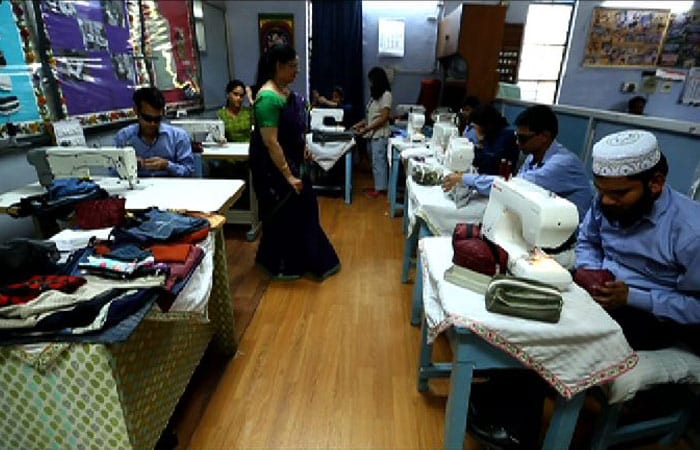
'Before this, we had never worked with visually impaired individuals so as an organisation it was an opportunity of learning and that is why the management decided to take this challenge. For the same, we introduced compact and advanced machines with additional features like auto threading and made some alterations in our training', explains Alok Shukla, USHA Representative.
Adopt a Silai School
About the Initiative
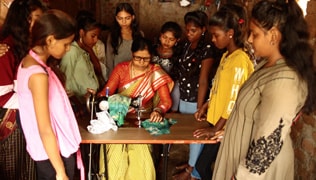
Kushalta Ke Kadam, an initiative by USHA Silai School and NDTV has entered its eighth season. The aim is to empower more women across rural India by teaching them sewing skills and helping them open new doors of opportunities for themselves. The initiative encourages rural women to become financially independent and entrepreneurs by taking up sewing and training others in their respective communities.
Since 2011, the USHA Silai School initiative has trained more than 12 lakh rural women through over 33,000 Silai schools, spanning over 20,751 villages across India.
The women earn Rs. 4,000 – 5,000 per month on an average, with the highest recorded monthly earning being Rs. 84,000 in a month. This earning works as a catalyst towards building their self-confidence, reducing gender inequities, and raising their stature within their families and in society at large.
Latest Stories
- Written by Team NDTV | Friday December 12, 2025
USHAs Silai School Programme empowers women across India by turning sewing into independence. Women become trainers and leaders, transforming their lives and communities through skills, confidence, and income
- Written by Team NDTV | Thursday December 11, 2025
USHA Silai School is empowering women across India by turning sewing skills into leadership and income. Women like Lalita, Yashira, and Pushpakala have become mentors, reviving traditions and building stronger communities. Their stories show how one skill can weave a brighter future.
- Written by Team NDTV | Wednesday December 10, 2025
From homemaker to celebrated teacher, Lakhi Debnath transformed her life via Usha Silai School, funding her daughters' education and buying land through tailoring
- Written by Team NDTV | Tuesday December 09, 2025
In Takkar Birpur village, Jammu and Kashmir, Kanta Devi escaped domestic violence and poverty through the Usha Silai School's tailoring training. Earning ₹10,00020,000 monthly, she now teaches women in border areas while inspiring her daughter Tanya to dream of a bourtique
- Written by Team NDTV | Thursday December 11, 2025
The USHA Silai School Program empowers women across India by teaching sewing skills, enabling them to earn an income, achieve financial independence, and build better futures for themselves and their families.
- Team NDTV | Saturday March 22, 2025
The USHA Silai School Program empowers women across India with sewing skills, transforming them into trainers and fostering community growth and independence

